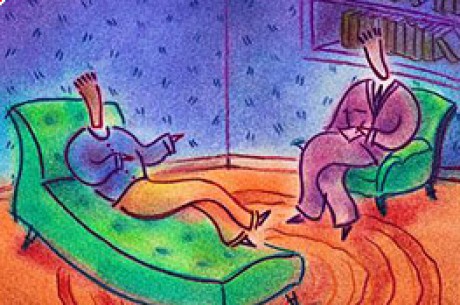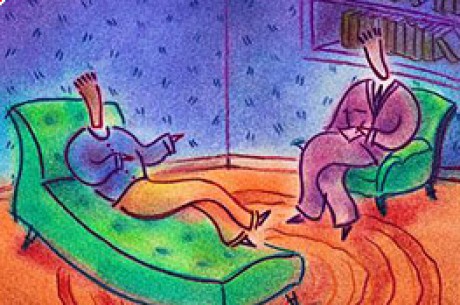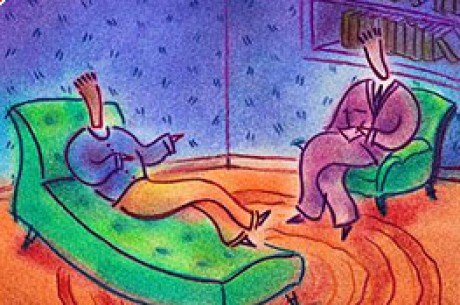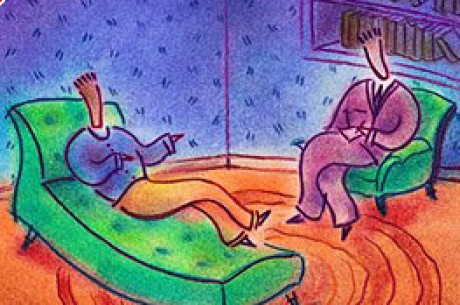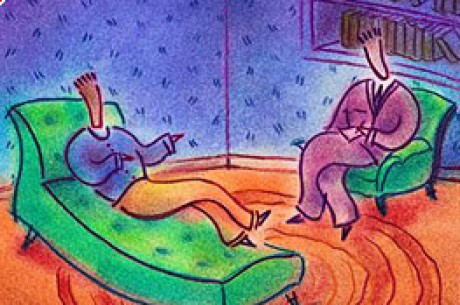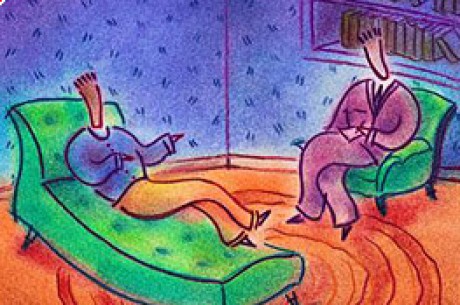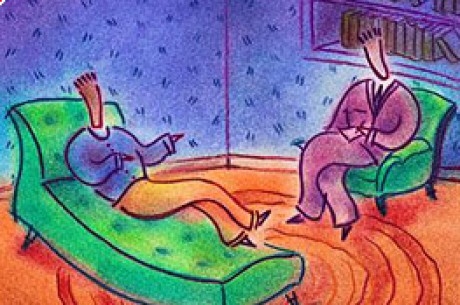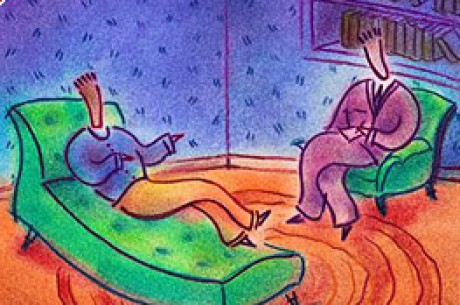The Poker Counselor's Corner (33)

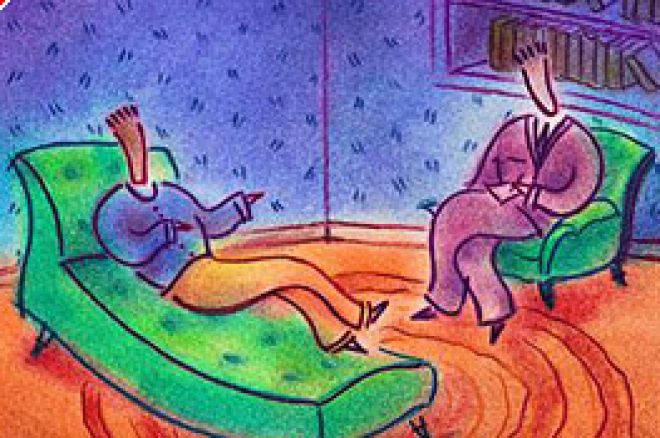
Editor's Note: In addition to being a poker enthusiast, gambling columnist, and lecturer, John is a National Certified Counselor (NCC). He has a Master of Arts degree in Counseling from West Virginia University, and a Bachelor's degree in Psychology with a minor in Sociology from Lock Haven University. You can arrange for interviews, speaking engagements, or ask your question to "the Poker Counselor" at [email protected]
I usually win consistently online. I win at a good rate in home games and at the illegal card room I frequent. But I fly to Vegas 3 times per year and always seem to lose my money. I've played at a variety of levels and different games in over a dozen card rooms on the strip and downtown. Every time I am in Vegas I hit a terrible run of cards, I play poorly, I get sucked out on the River, or something else happens that causes me to go bust. What gives? - Emailed by Atlas_Man from Virginia
Winning at your local games does not assure success in the major casinos. Many, many potential pros have had their dreams of poker immortality dashed when they ran into the grinder in Las Vegas. Vegas locals love to play against tourists. You see, those who have flown in for a few days worth of visit have a predictable playing style. In your home games and local games, you probably play patiently in a typical tight-aggressive style. In Vegas, your mind automatically puts the critical factor of time into your decision making process. In essence, your play is influenced because your subconscious constantly reminds you that your return flight home is only a couple of days away. This sense of urgency wears at your ability to stay focused, calm, and patient. Instead, you play mediocre hands that end up costing you money. Your tight-aggressive style moves toward the loose category, and your money follows that trail toward your opposition's stack.
In addition, you have to recognize the fact that Vegas casinos are filled with colluders. Many locals play together often at the same tables. These players may intentionally work together to squeeze the cash from the outsiders. Even if they do not have a specific plan to whip-saw or signal each other, they will certainly play softly and slowly against each other. I suspect that you are losing due to a combination of factors. First, you play outside of your normal boundaries, comfort zone, and normal playing style because of the excitement and time constraints that the trip produces. Also, your opposition is new to you, so you'll have no easy reads on familiar foes like you do in your normal games. In addition, you are facing savvy, experienced players at most tables in Vegas. Some may be working together, others may simply be better than you are! Get confident, get focused, and get patient and you should see better results.
I've been trying to give off fake tells in order to throw off my opponents. It does not seem to be working so far. What do I need to do to convince them to do what I want? -Emailed by Green_Pack
So, you want to know what to do to control your opponents? Don't we all? If anyone had a way to always will their opposition to fold/call as demanded, that person would win the main event every year! My friend, it is just not THAT easy. I would forewarn you that reserve tells are a very refined skill that only experienced, proven players should delve into. I've seen many newer players attempt to earn their Academy Award by feigning strength when bluffing, pretending to be nervous when they hold a monster, or by faking deep thought when they are baiting the tablemates. Reserve tells must be extremely well executed to be successful. They also should be subtly used, and infrequently used. I will attempt to coyly bait my opponents into checking to me when I'm looking to see a free card by using glances of my eyes toward my chip stack (representing that I'm going to raise). If used infrequently, a keen onlooker may believe your action. Overuse, and over reliance of reverse tells is sure to spell your doom. Usually you will not only be accurately read by veteran opponents, you will look foolish as you play due to your obvious playing nature. I always suggest that you work on your own game first, focusing on the key elements that you lack. Next you work on reading your opposition and trusting your instincts. After those steps are reached to satisfaction, you can then begin to insert next elements to your repertoire such as reverse tells. Take it slow. I'm guessing that you are not yet ready to implement these advance techniques. Instead, continue to gain experience and confidence as you work to plug any holes in your game. Best of luck.
KEEP THOSE QUESTIONS COMING!!! [email protected]

